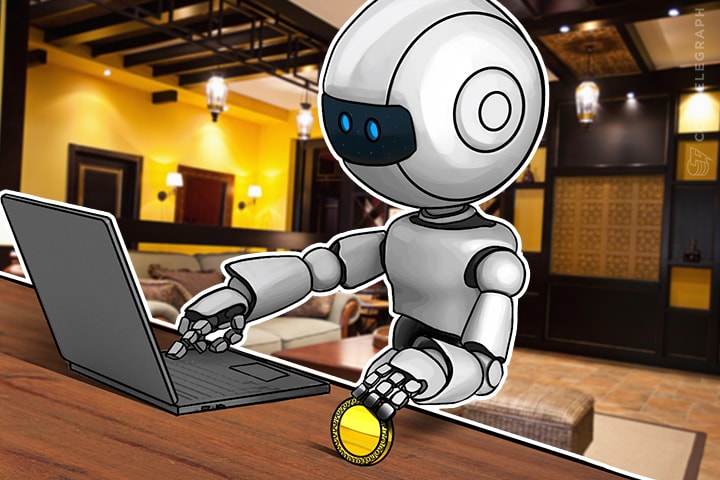The Bitcoin and altcoin market keeps exhibiting a high level of volatility, suggesting easy manipulation by a minute segment of participants as the case may be. This automatically signifies tangible room for growth as the ecosystem strides towards stability.
Bitcoin has experienced its highest season of volatility since the turn of the year 2017. This can be attributed to the frequency of events surrounding the technology.
News-dependent market
News from different sources have direct or indirect impacts on Bitcoin and the cryptocurrency ecosystem as a whole. Such news comes from governments, regulatory agencies, players within the crypto and financial ecosystem.
The particular news or the source of which is most often not necessarily as important as the level of effect it has on the market as a whole.
COO of BitLand, Larry Christopher Bates tells Cointelegraph:
“If you look at the market reactions to news, a lot of times any hint of government regulation or intervention sends the markets tumbling. I think when it comes to trying to apply political news or market news to "crypto market reactions" there is a historical precedent in market analysis through candlesticks, but the crypto market reaction does not directly correlate to news.”
Unnatural behavior
In Bates’ opinion, the level of impact of news on the market does not correlate with their real meaning. This, therefore, suggests that some unnatural forces are at play behind price movements in the crypto market.
Bates blames the unnatural market behavior on two major factors, bots and the black market.
Bots
Using the recent total market decline as an example, Bates thinks that bots are to blame for the massive decline. He suggests that a unified decline in trading all across the board would seemingly be impossible to execute safe if it were being done automatically.
With the news from Mark Karpeles admitting that Mt.Gox had a ton of bots inflating the trade volume, Bates is confident that most of the exchanges are doing the same.
“I believe Poloniex and Bittrex both have a ton of internal trading bots that are monitoring people's trades, and due to a massive bot reaction, the entire market saw a decline,” he says.
Black market money
Another reason given by Bates for the peculiar crypto market behavior is the intervention of black marketers within the system. Bates thinks that there is a lot of black market money is still dominating the crypto market.
One of the reasons which he gives to that effect is how the market reacts to news. He notes that a lot of times any hint of government regulation or intervention sends the markets tumbling.
This he implies to be the actions of holders who do not want government involvement. He is also of the opinion that a majority of the people holding the tokens were in it just for short term profits, hence the very quick market reactions.
Bates continues by explaining that if the people holding tokens were really in it for the long term, the market would not really react to news, good or bad. This informs his belief that most of the trading is coming from people looking to short the industry and bots.
Buterin death’s fake news
Bates cites the example of the recent fake news story of Vitalik Buterin’s death and the resulting impact on the token as a sign of the inconsistency in the mindset of people who hold tokens.
He notes that if people were truly in Ethereum for the "decentralization" aspect, the rumored death of Buterin, one individual should not have actually affected the Ethereum price.
Despite the observed inconsistencies as explained by Bates, he retains the opinion that their effect on the market will only be temporary.
He says:
“Considering the market is still very small, I don't think this past week has major implications on the long-term survival of crypto. Effectively, Bill Gates or Warren Buffet could prop up the entire industry with a single check since the industry market is still quite small.”


